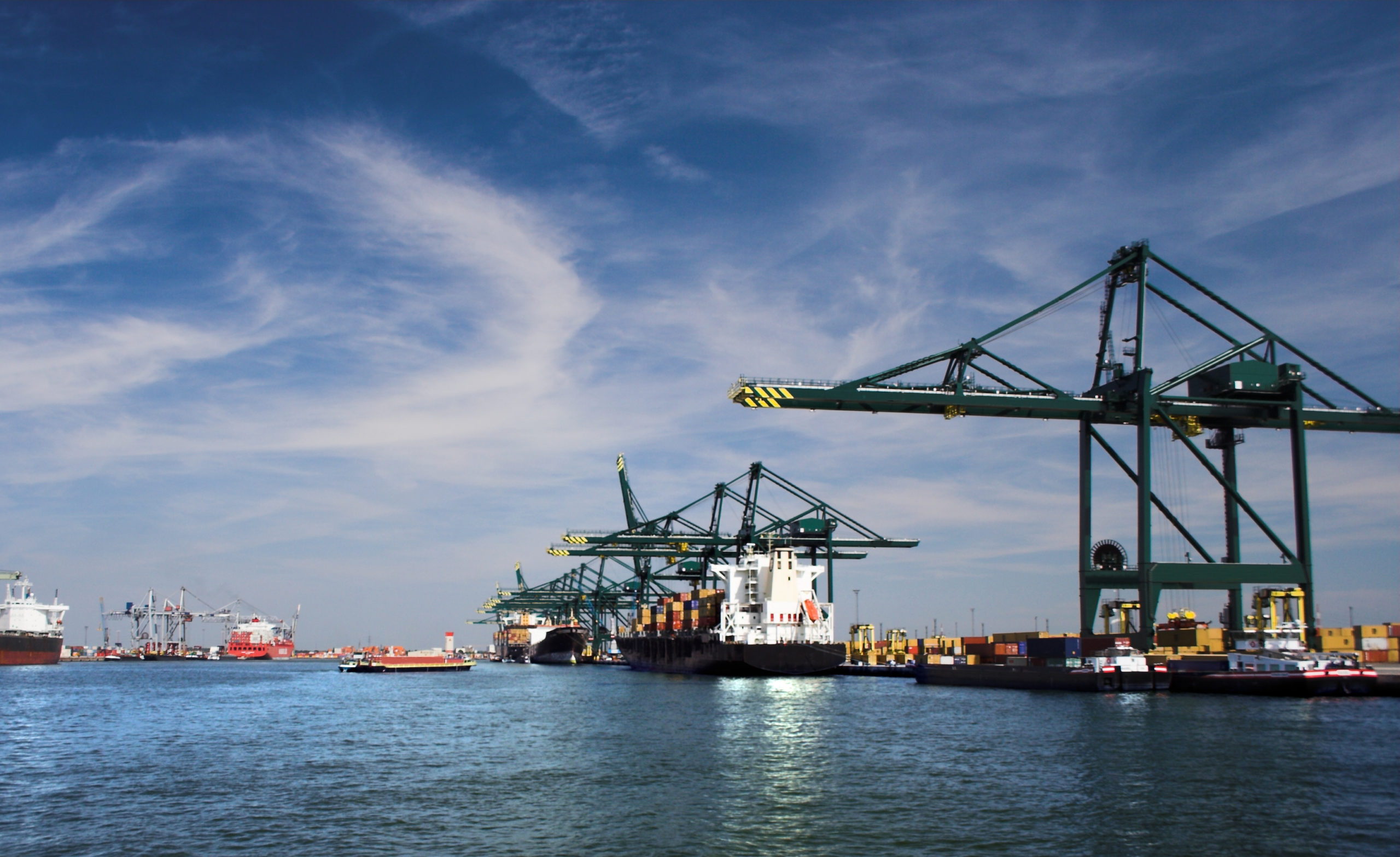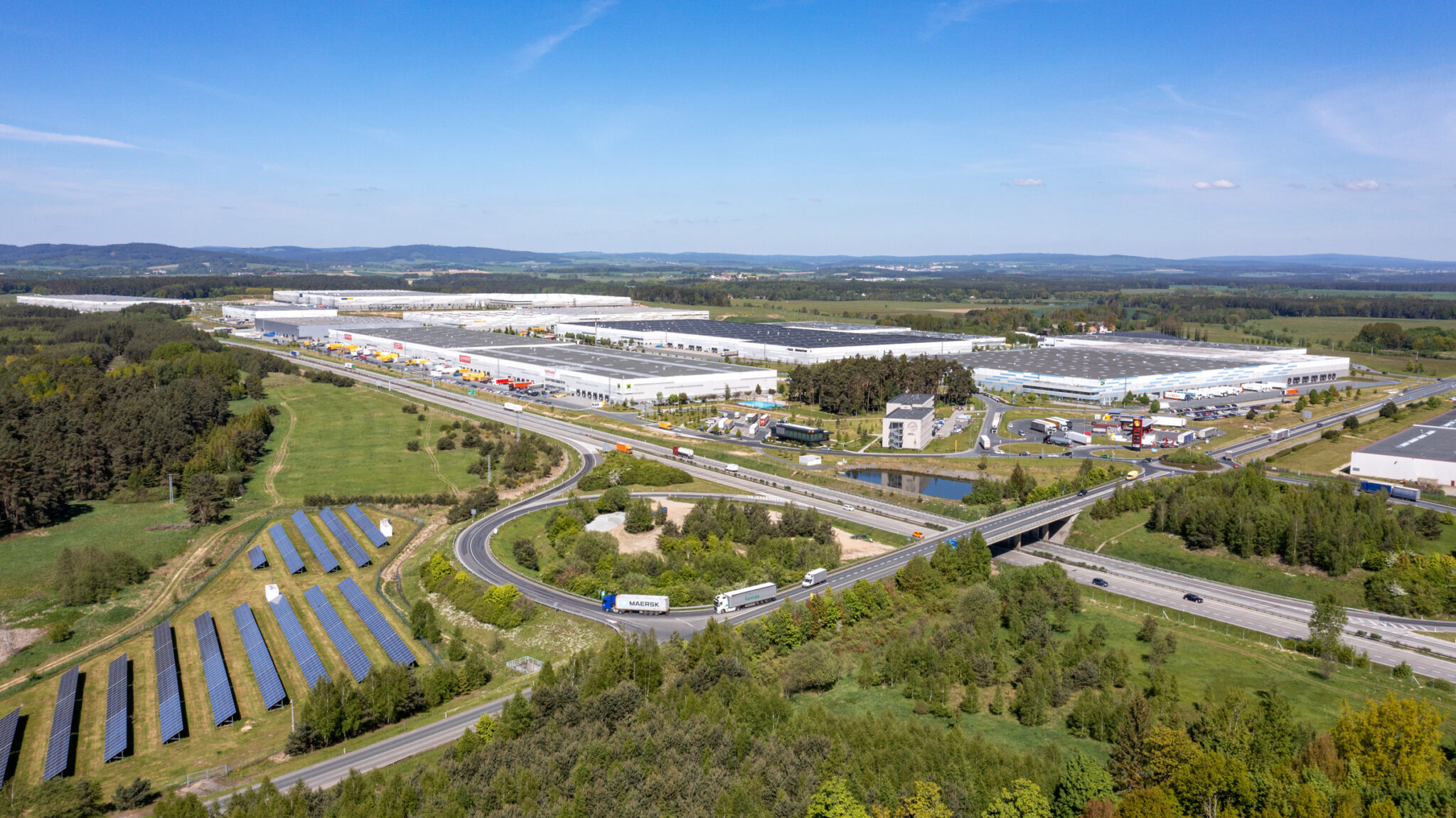A new report by global consultancy partnership Kearney and the World Economic Forum has found that only a minority (12%) of leading companies globally are sufficiently protected against future supply chain and operational disruptions. The remaining 88% urgently require additional measures aimed at building resilience, with 52% of businesses in this group considered mainstream players while 36% are ‘resilience laggards’.
A variety of drivers are affecting companies’ resilience. Around three-quarters of executives globally (76%) indicate COVID-19 as a significant disruptor, though this was less felt by executives at UK companies (40%).
Meanwhile, emerging technologies, geopolitical tensions, trade barriers, political uncertainties, social injustice and the implications of climate change are also acting as barriers to resilience building for many firms globally. For example, among UK companies in particular, the majority (84%) of executives believe geopolitical tensions will be disruptive to their company’s value chain within the next five years. Furthermore, executives globally expect the impact of disruption on corporate value to increase by 15-25% over the next five years.
Despite its challenges, COVID-19 is helping to prompt change in this area, with 60% of executives surveyed in this report saying that the crisis has encouraged them to pursue long-term resilience and prepare for future disruptions. Additionally, 75% see the pandemic as a dress rehearsal for further disruptions to come.
However, the majority of companies will require support when it comes to building long-term resilience in a variety of key areas. Consultations with senior executives in operations and supply chain suggest that resilience in product portfolio, customer orientation, financial viability and go-to-market channels is needed if businesses are to satisfy customer demand. Furthermore, resilience in logistics, manufacturing, suppliers and planning is also necessary so that companies can secure the supply to be able to run production.
Only 12% of those surveyed by Kearney said they have heavily invested in their customer orientation, while a mere 14% have mastered the development of a robust logistics system, for example.
12% of companies representing a healthy mix of industries and regions were classed as ‘resilience leaders’ in this report, who consistently outperformed the remaining 88% across all areas of resilience, further indicating the importance of resilience in securing a strong and future-proof business model. No company in any single sector or region is insulated from supply chain disruptions and, as such, every business needs to adopt the relevant strategies that will help them tackle this.
Per Hong, Strategic Operations Partner and leader of the study at Kearney, comments: “Though the world is opening up, the challenges from COVID-19 are far from over, from ensuring safety and security on the shop floor and facing supply and demand disruptions, to accelerating digital transformation and reskilling to build resilience.
“So far, we have explored where resilience leaders are excelling and observed how companies can chart their own path; however, no company can manage the repercussions of large-scale disruptions alone. This is where collaboration between different players in the ecosystem becomes vital to enabling a rapid response.
“Organisations need clear and accessible support to identify priorities, manage risks and confidently define sustainable strategies to navigate disruption and uncertainty. Next generation operations and supply chain leaders will be defined by their ability to withstand and quickly adapt to increasingly disruptive headwinds, and the priority for many businesses now should be accelerating the resilience-building process so they can best respond to future disruption.”
The World Economic Forum’s Platform for Advanced Manufacturing and Production and Kearney, will continue engaging leaders across different industry sectors such as healthcare, automotive, consumer goods, and transport and logistics, as well as government, academia, and civil society, to jointly design globally-coordinated responses and build resilient value chains for the future. Forthcoming work will offer in-depth archetypes of resilience leaders to further the mission of building global resiliency and identify priority areas and actions for organisations.











